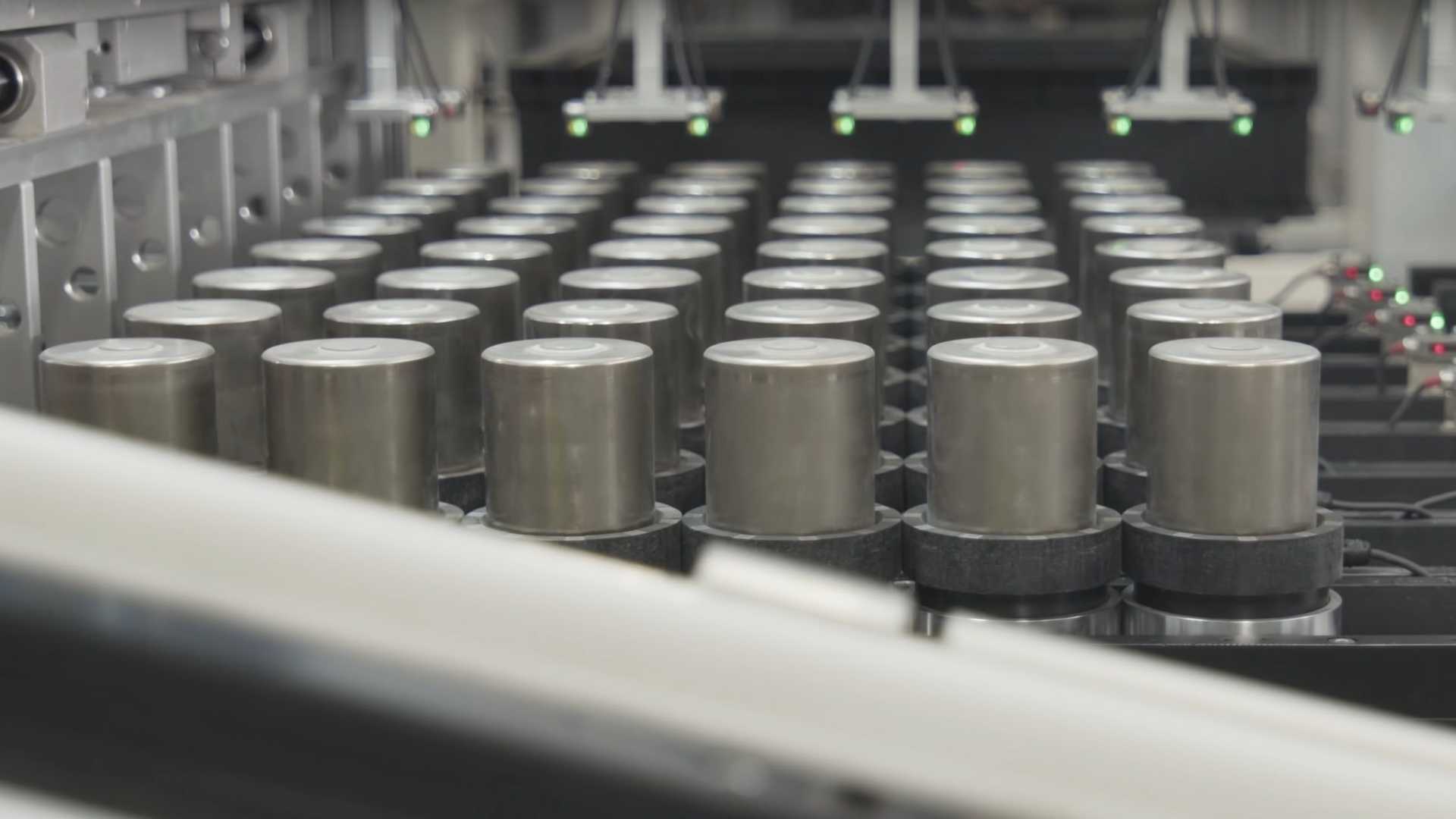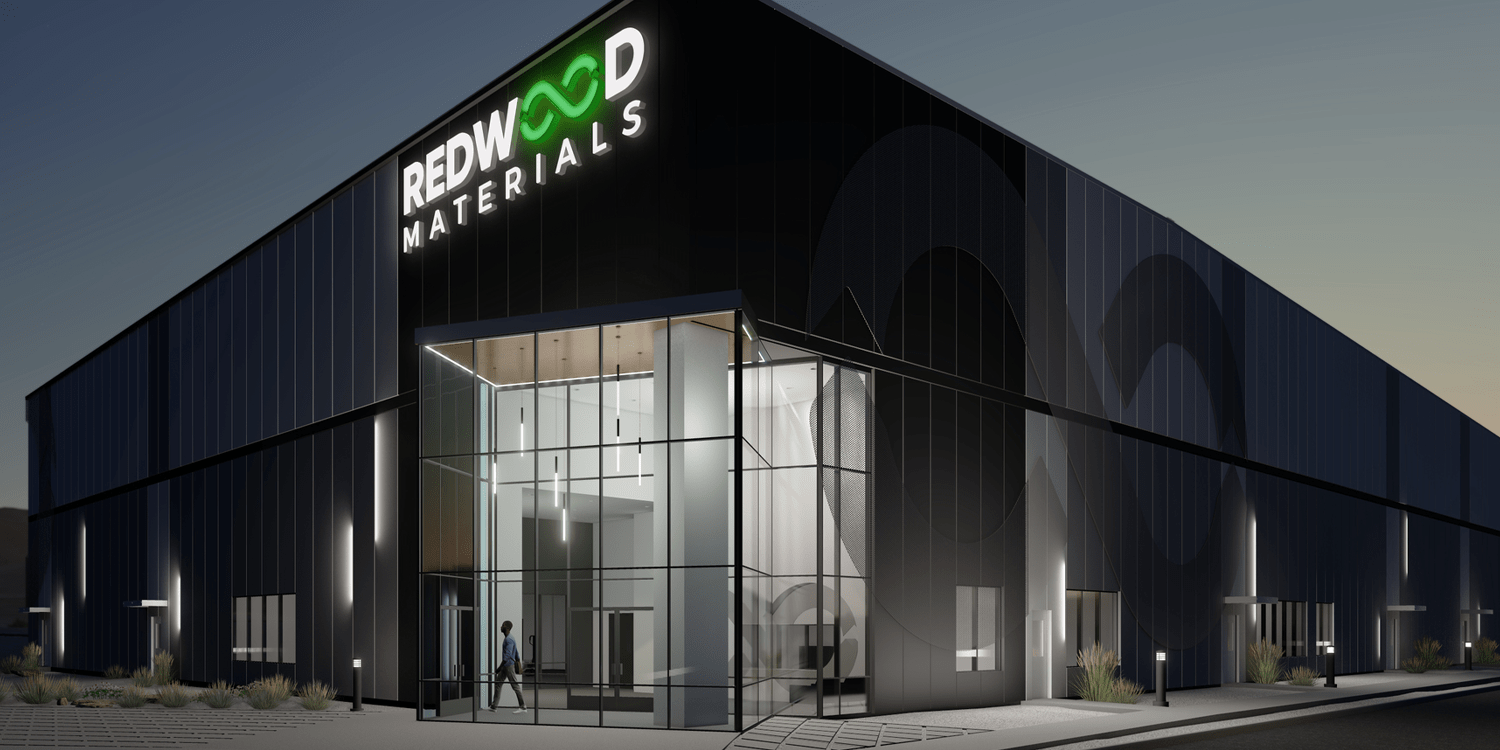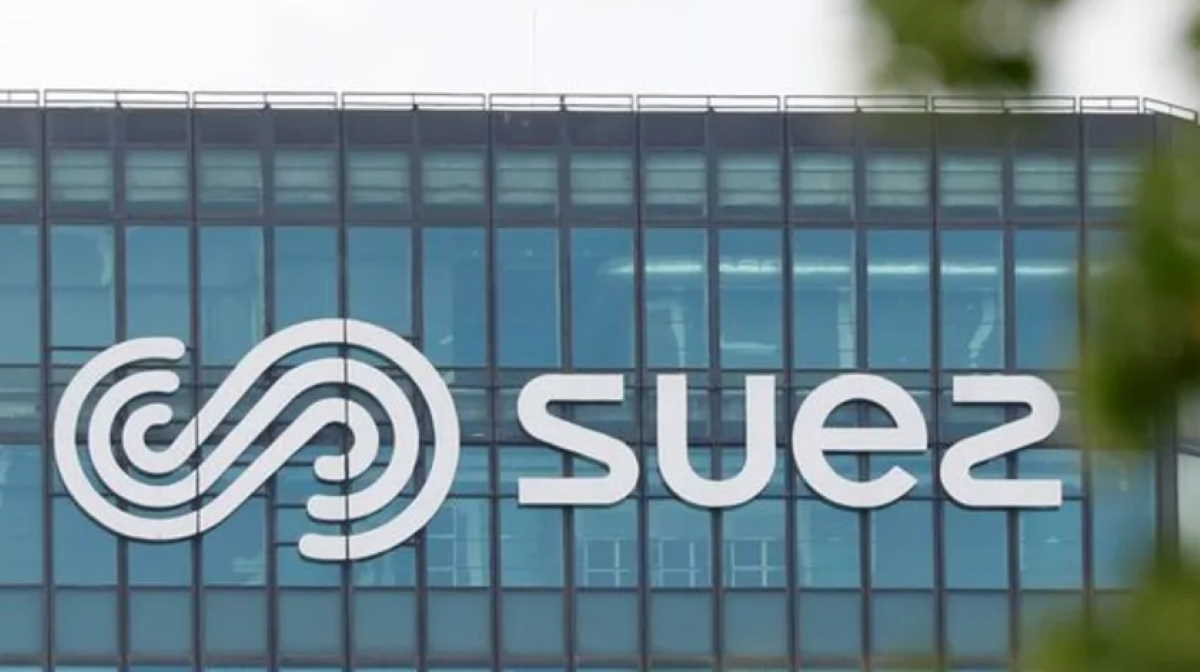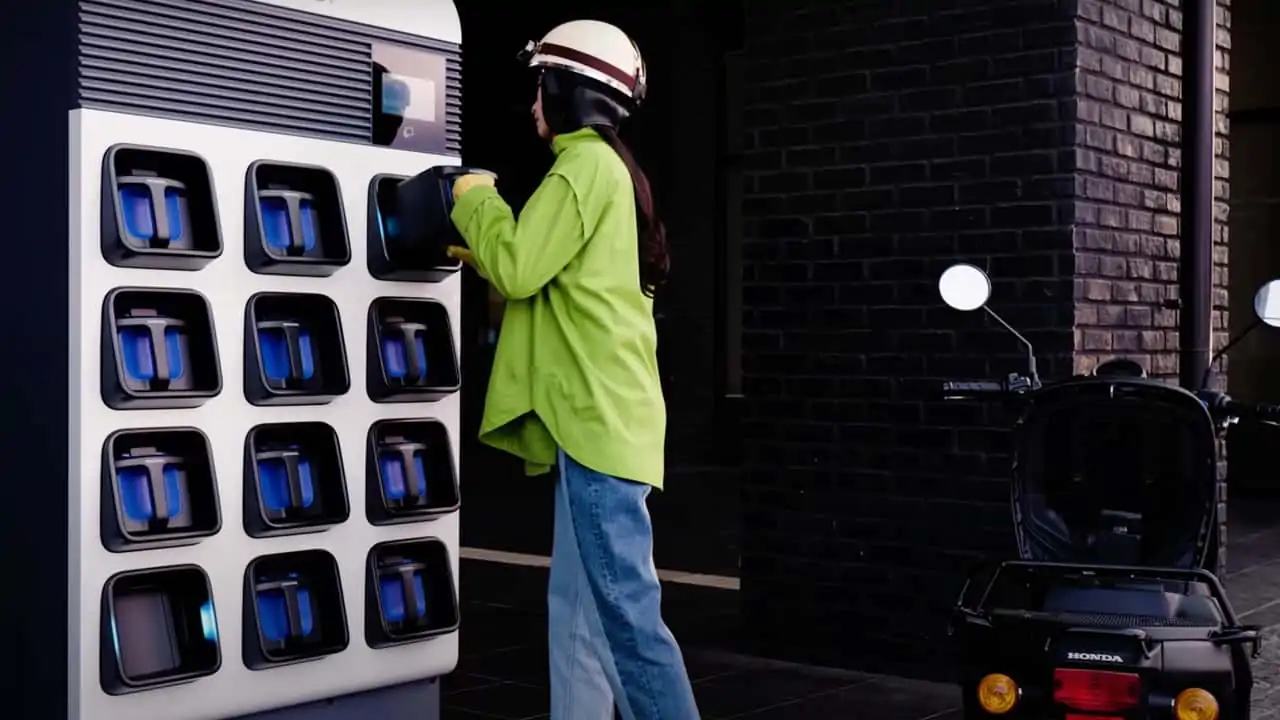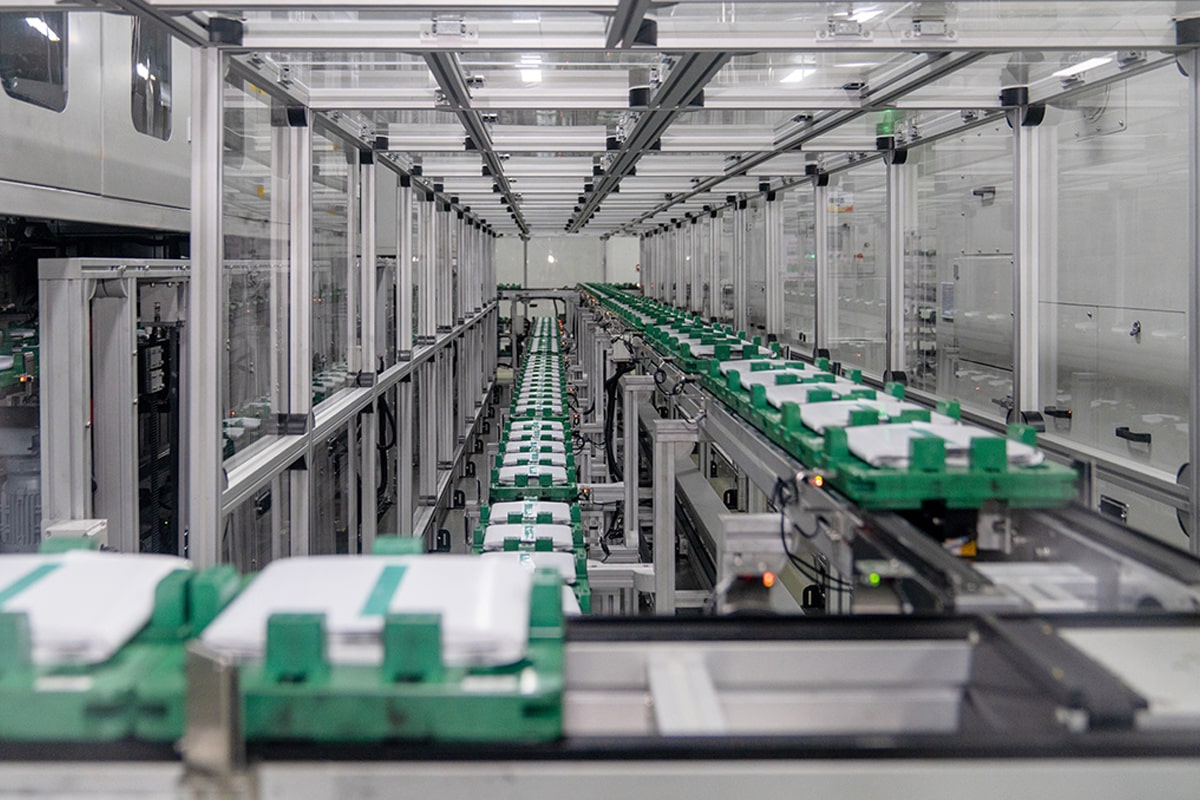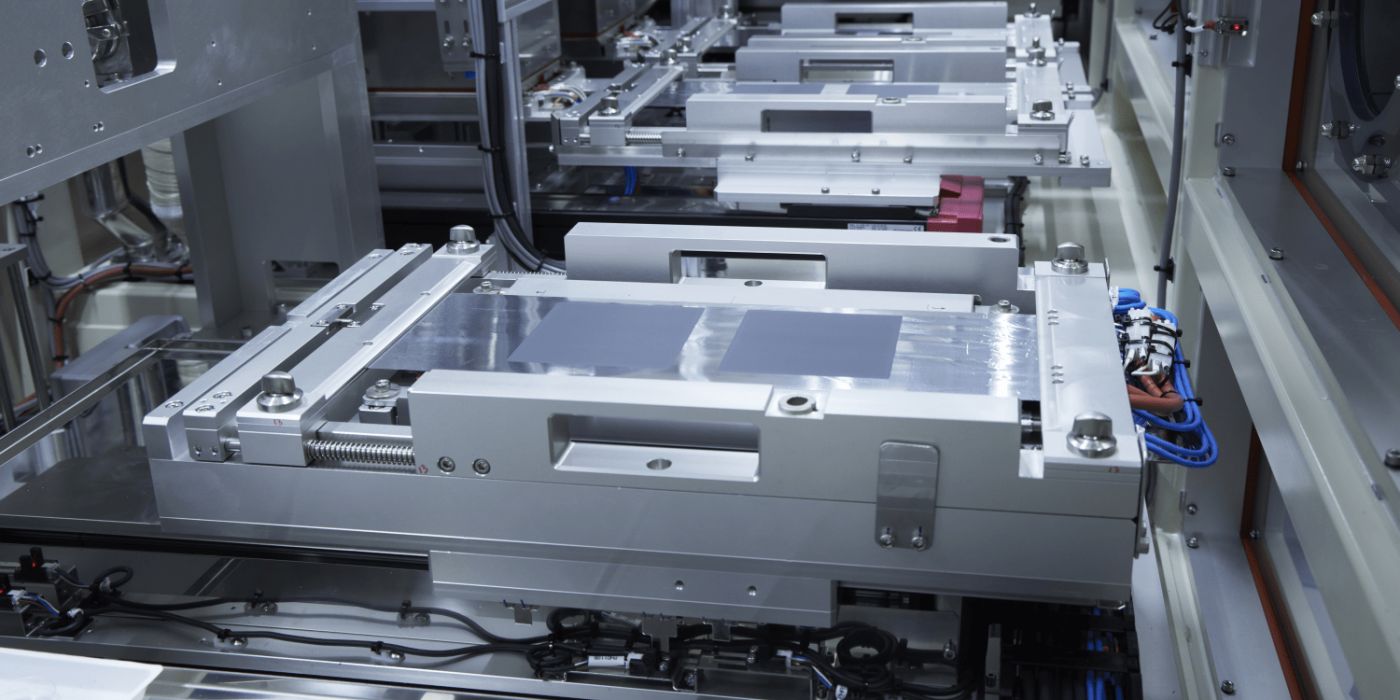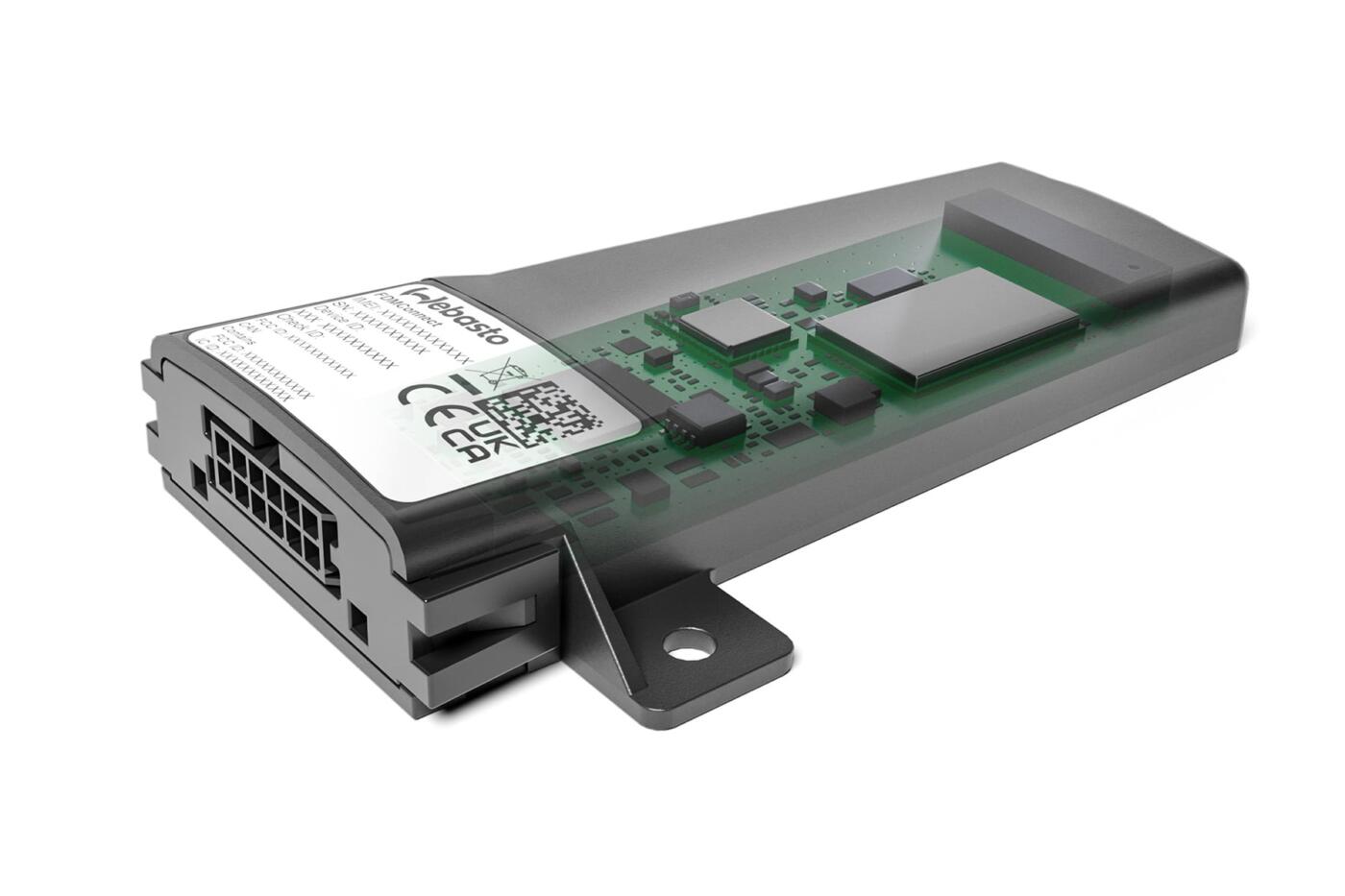Scientists at Oak Ridge National Laboratory (ORNL) have unveiled a groundbreaking lithium-ion battery with the potential to recharge to 80 percent capacity in just 10 minutes while maintaining this rapid charging capability for an impressive 1500 cycles.
This achievement is a ray of hope for EV enthusiasts who have long been troubled by the protracted charging times and the scarcity of fast-charging infrastructure. The technology behind this innovation lies in the battery’s ability to efficiently move ions between positive and negative electrodes through an electrolyte medium.
While achieving 1500 charging cycles is not entirely unprecedented – Tesla’s CEO, Elon Musk, revealed in 2019 that the Model 3’s battery modules were designed to endure 1,500 cycles, equivalent to 300,000 to 500,000 miles of driving – ORNL’s accomplishment hinges on their pioneering electrolyte formulation.
The ORNL research team has meticulously engineered a new electrolyte, integrating “new formulations of lithium salts with carbonate solvents,” which promotes a consistent ion flow over an extended period and can withstand the heat generated during fast charging. According to ORNL’s Zhijia Du, “We found this new electrolyte formulation basically triples the Department of Energy’s target for the lifespan of an extreme-fast-charging battery.”
This high-performance electrolyte boasts a composition that includes “lithium bis(fluorosulfonyl)imide (LiFSI), lithium hexafluorophosphate (LiPF6), and carbonates in two amp hour pouch cells.” The key breakthrough lies in its exceptional electrochemical stability even at a high charging rate of 6C, which translates to just one-sixth of an hour or 10 minutes.
However, there remain several unanswered questions. One crucial aspect is the potential cost implications of incorporating this innovative chemistry into EV batteries. Additionally, it remains uncertain what battery capacities can be achieved with this technology and whether it can be feasibly scaled and made accessible to a broader range of consumers.
Previously, concerns were raised about the impact of fast charging on battery longevity. However, new findings suggest that there is no significant difference in battery degradation between EVs that routinely undergo fast charging and those that only occasionally utilize this feature.
This breakthrough from ORNL is not an isolated advancement in the field of battery technology. Several other automotive manufacturers are making strides in this direction. Toyota, for instance, recently revealed its plans to utilize three new liquid electrolyte battery technologies and one solid-state battery in their future EVs. One of these lithium-ion batteries is touted to offer a remarkable 497 miles of range and achieve a 10-80 percent state of charge (SoC) in just 20 minutes.

